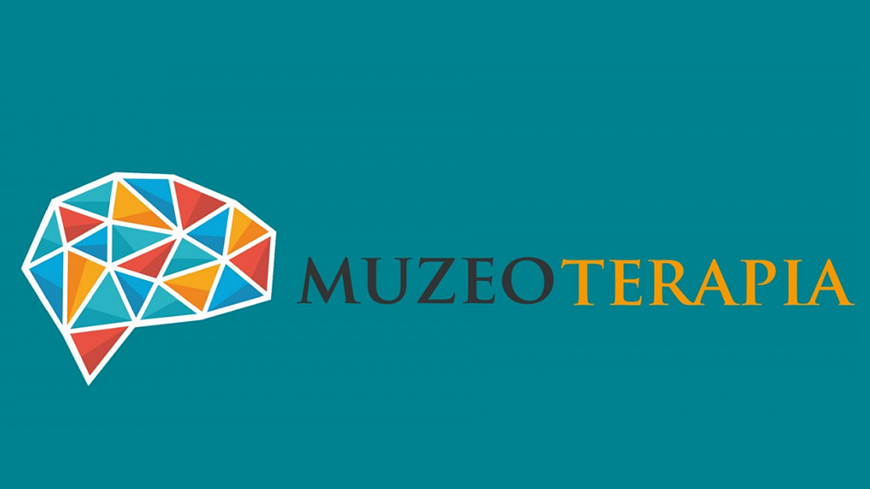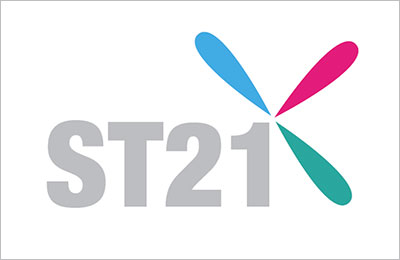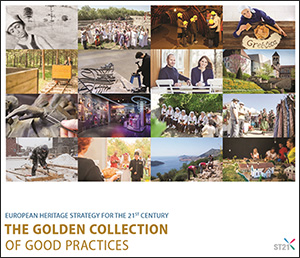Location of the initiative:

Initiator
National authorities
Relation to Strategy 21 Recommendations:
K10 - Encourage and support the development of networks
Time span of the initiative:
Start date: in 2017 / End date: ongoing
Motivation / Methodology
The “Museotherapy” is an initiative focused on those who are interested in socio-therapeutic and psycho-therapeutic working methods used in museums. We are also focused on people who see how important the knowledge and education are. The meetings of a group of researchers, practitioners, those who are interested in socio-therapeutic and psychotherapeutic working methods used in museums That way we can exchange practices, talked about our results in our practice in museums and cultural institution. Talk about communication, educations, incapacities. We think that meeting with people is the best way to put the “Museotherapy” on its “feet” and show how art can be powerful. We try to ask questions "about our human condition, human relations, meet different people and work together on the “museoteraphy”.
Obstacles / Barriers
The “Museotherapy “is a brand new and fresh subject in Poland, so we try to make people acquainted with our initiative. We believe that our work is to show to people how important museum and art are in life, we simply try to make them see that everyone can be a part of cultural life and a role in our events and see our point of view. We have also learned that people can be very similar and very different at the same time. We can have different opinions about the similar experiences and that we need to better listen to each other.
Change / Impact
Is to show our great museum to people, show how art can be useful for our mental condition, how cultural heritage can give us tools to work on many different fronts, how art can be helpful for a personal development. We have also shown that the “museoteraphy” can be very helpful as a treatment for some mental disorders, throughout integration into environment and by creating a space for exchange of thoughts and opinions with specialists, scientists and practitioners.
Lessons learned
As a result, after two conferences, we know what a lot of people love, need and that can really use art in work with kids, adults, pensioners, people with disability. We see how great is to meet people, talk about art and show how “Museotherapy” can be helpful, useful; and work “hand in hand” with medicine. We have also learned how beneficial was to gather the knowledge and experience regarding the use of the museums / exhibitions / artefacts, especially using socio-therapeutic and psycho-therapeutic methods, while working with people having difficult access to culture.
Online resources
- https://m.facebook.com/mnkipl/?locale2=pl_PL
- https://mnki.pl/pl/muzeoterapia/o_nas
- https://www.google.com/url?sa=t&source=web&rct=j&url=https://m.facebook.com/mnkipl/%3Flocale2%3Dpl_PL&ved=2ahUKEwjB3Yjr-YrpAhUd6KYKHcT3AsQQFjAAegQIARAB&usg=AOvVaw0y8swwqxfLIw2r6bGucLyk
Contact information
Contact person: Izabela Karlińska
Organisation: The National Museum in Kielce
Email: [email protected]
Phone: +48502695930
Website: https://mnki.pl/
Source of financing
Public





